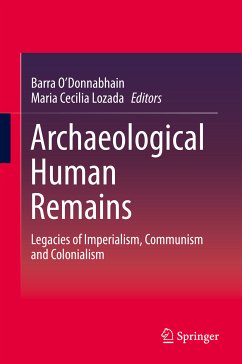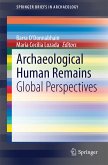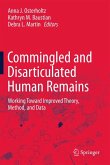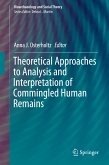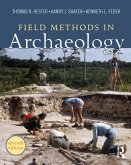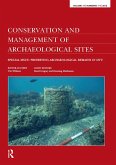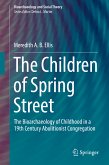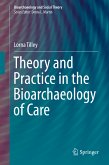This book expands on Archaeological Human Remains: Global Perspectives that was published in the Springer Briefs series in 2014 and which had a strong focus on post-colonial countries. In the current volume, the editors include papers that deal with non-Anglophone European traditions such as Portugal, Germany and France. In addition, authors continue the exploration of osteological trajectories that are not well-documented in the West, such as Senegal, China and Russia. The lasting legacies of imperialism, communism and colonialism are apparent as the authors of the individual country profiles examine the historical roots of the study of archaeological human remains and the challenges encountered while also considering the likely future directions likely of this multi-faceted discipline in different world areas.
Dieser Download kann aus rechtlichen Gründen nur mit Rechnungsadresse in A, B, BG, CY, CZ, D, DK, EW, E, FIN, F, GR, HR, H, IRL, I, LT, L, LR, M, NL, PL, P, R, S, SLO, SK ausgeliefert werden.

